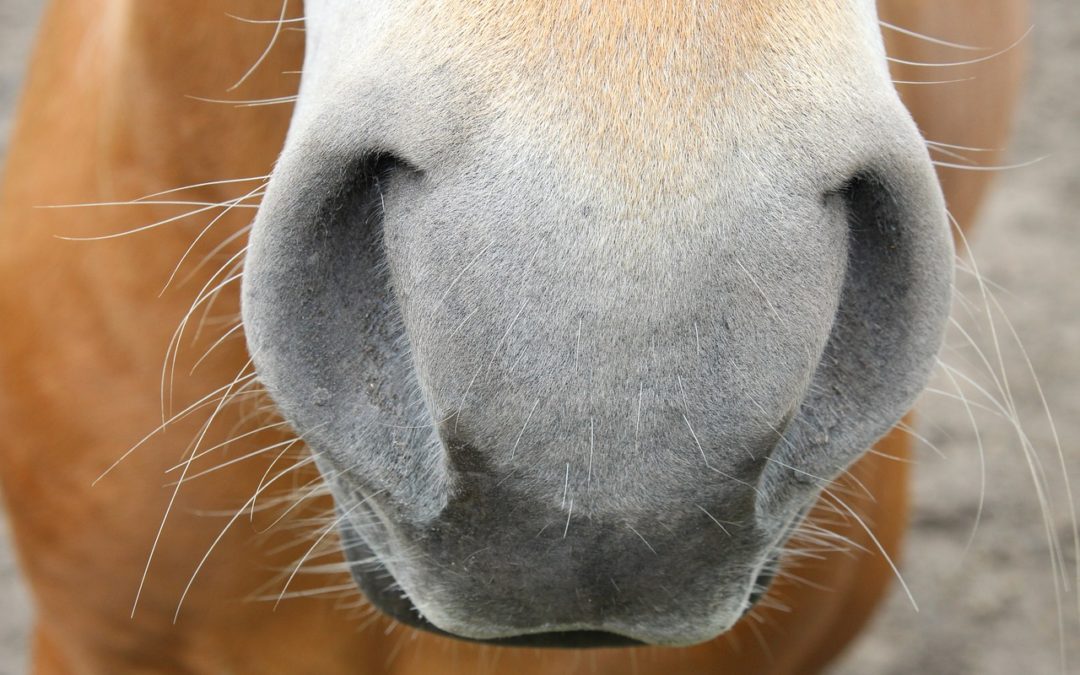Rabies: Rabies is a constant threat to horses and their owners in Campbell County and the surrounding area. The frequency of the disease is low, but the consequence of infection for horses and humans is death. The financial cost of treating people who have been exposed to a positive horse is between $10,000 and $20,000 per person. Do not leave this vaccine out of your program.
In March 2018 there was a confirmed case of a rabies-infected horse in Cheyenne, WY. The horse required euthanasia, as do all rabies-exposed unvaccinated animals.
West Nile Virus: West Nile Virus is established in our area. AMC treated a few confirmed cases of West Nile Virus infection last year with 50% mortality rate in the unvaccinated horses.
Sleeping Sickness/Tetanus (3-way): Nationally, the high level of vaccination has reduced the prevalence of Sleeping Sickness disease to very low levels. Tetanus protection is relatively short-lived (1 year) with vaccination, but very effective in preventing infection associated with traumatic injury.
Rhino-Flu: Rhino-flu is a combination vaccine against the Equine Herpes Virus (EHV) and influenza. EHV is capable of causing respiratory disease, abortions and neurological disease. Vaccination is effective against the respiratory and abortion forms of the disease, but rarely effective against the neurogenic form. Rhino-flu vaccinations should be boosted according to the following guidelines:
- Ranch/pleasure horses: one to two shots annually
- Roping/Rodeo horses: two shots annually (Spring and Fall)
- Young Futurity and Show horses: four shots annually
We also stock a 6-way product that contains Eastern & Western Sleeping Sickness, Tetanus, Rhinopneumonitis, Equine Influenza and West Nile Virus antigens and is ideal for regularly vaccinated horses.
*The ‘four-way’ vaccine is still very popular and contains sleeping sickness, tetanus, and flu (Fluvac EWT). We stock this product, but do not recommend it alone, because it does not protect your horse against Rhino (EHV) or West Nile Virus (WNV).
Additional Vaccine & Worming Recommendations:
Strangles Vaccine (aka distemper): Discuss this vaccine with your veterinarian to determine your horse’s risk.
Deworming should be performed on every horse 2–6 times yearly depending upon your operation’s level of confinement.
We highly recommend Equimax (for tapeworms) at least once yearly. Eqvalan and Quest are very effective but should be alternated with products such as Strongid Paste or Panacur. In a low exposure situation (i.e. a ranch), less frequently. Mares and foals should both be dewormed with a Strongid Paste at ten days of age.
For Foals: Discuss a foal vaccination program with your veterinarian with respect to your operation.
For Pregnant Mares: Should be vaccinated with Pneumabort K1b at 5, 7, and 9 months of pregnancy to help prevent Rhino abortions. They should be vaccinated with a 4-way, Rabies, WNV, and dewormed with Strongid Paste about four weeks before foaling. This helps to ensure that the immunity from the mare is passed on to the foal in her colostrum. Mares and foals should both be dewormed with a Strongid Paste at ten days of age.


